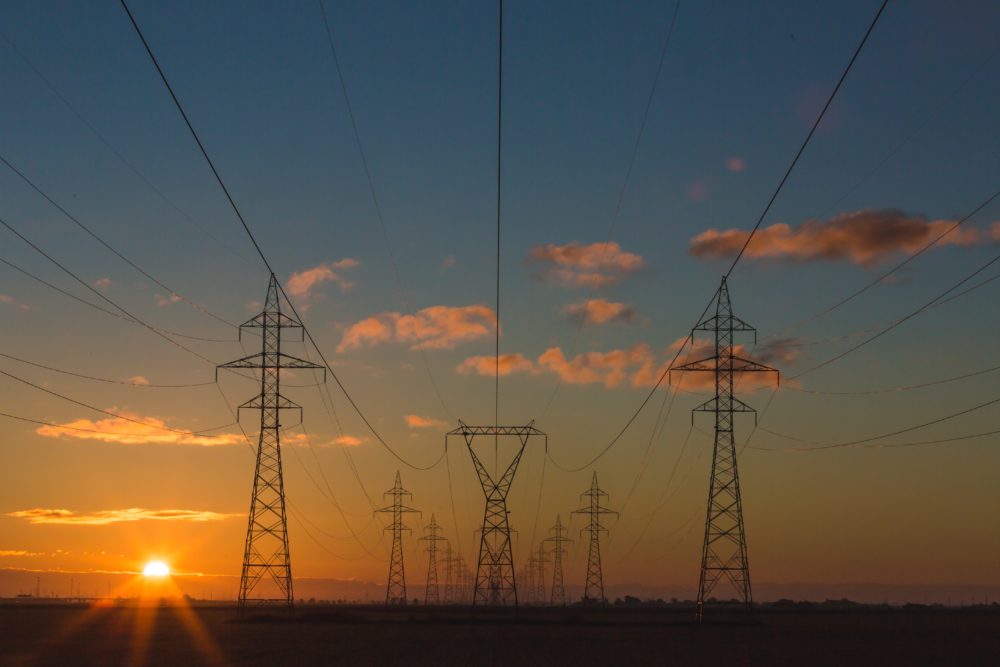There are plenty of priorities for businesses, including having the right energy deal in place. Ultimately, it will allow you to keep productivity high and overheads low, so your business can operate as effectively and profitably as possible.
With the UK’s relationship with the EU looking set to alter, could UK companies face an uncertain future when it comes to energy? What will happen if the UK loses its place within Europe’s Internal Energy Market (IEM)?
The UK has become increasingly dependent upon countries like Norway, France, The Netherlands and Ireland for its energy imports. This could have major implications if we can’t secure a harmonised energy trade deal – with UK businesses (and homeowners) facing potential power shortages matched with increased energy costs.
Additionally, despite its commitment to a ‘green Brexit’, there are experts who believe the environmental implications could also be far reaching. By leaving the EU, the UK would effectively no longer be legally bound to meet EU climate change targets. This means current measures to build a greener, more efficient energy landscape could in turn slow, or stall.
🏆
The 2024 Creative Retail Awards are open for entries.
The Creative Retail Awards are much more than a mere accolade; they represent the pinnacle of achievement in the retail industry. Garnering a nomination or winning one of these awards is a testament to innovation, excellence, and leadership.
www.creativeretailawards.com
With the Brexit debate continuing, and uncertainty ahead, Flogas – a business gas supplier – look at what the scenario might mean for the UK’s energy infrastructure, and how businesses can best prepare to futureproof their energy supply.

The Internal Energy Market (IEM)?
Founded in 1996, the aim of the IEM is to help enable energy trading between EU countries. It facilitates European countries to trade energy quickly, cheaply and easily – allowing them to respond to peaks and troughs in demand and supply. Effectively, countries in need of more energy can access it, whilst those producing more energy than they need can trade it in a common marketplace.
Also responsible for tax and pricing policies, the IEM also sets (and implements) norms and standards to guarantee the protection of the environment and public safety.
What is the IEM’s business role?
In summary, the IEM exists to protect the rights of individuals and businesses; as well as to tackle energy poverty by guaranteeing the availability of affordable gas and electricity. One way it does this, is by developing pan-European supply networks that transport energy between countries. It’s also responsible for defining the roles and responsibilities of the key players in the energy market, and acts as a regulator to ensure the security of our energy supply.
Brexit – what might it mean for my business?
In a worst-case scenario, the ability of businesses to power themselves (think lights and heating here!) could become trickier, and more expensive. Why? It’s all to do with interconnectors, which enable a cheap and easy flow of energy across borders. Interconnectors form a big part of the UK’s energy mix, and without access to them, the country could experience shortfalls, pushing energy prices up at the same time.
Will businesses’ eco obligations change?
The various members of the EU have aspired, over the last decade, to move towards cleaner energy. However, reports suggest that once the UK exits the single energy market, UK businesses will cease to be subject to the same EU rules, regulations and targets surrounding renewables and energy efficiency. Whilst the UK government is adamant it will continue its unwavering commitment to tackle climate change, Brexit has the potential to delay or suspend current energy efficiency measures, pulling us further away from meeting 2030 carbon reduction targets.
What can businesses do to prepare?
At the moment, the Brexit future looks uncertain – depending on what happens, after March 2019, the UK may no longer have the support of other EU member states if experiences a problem with its own energy supply. With this in mind, experts expect the UK to become more vulnerable to power shortages – whether that’s due to extreme weather events, or generation outages in the pipelines or electrical interconnectors.
With this in mind, UK businesses might want to think about scouring the market now to secure the best post-Brexit energy deals. The silver lining is that the switching process can be straightforward by moving to a dedicated business energy supplier who will manage everything (including contacting the existing supplier) on your behalf.

















